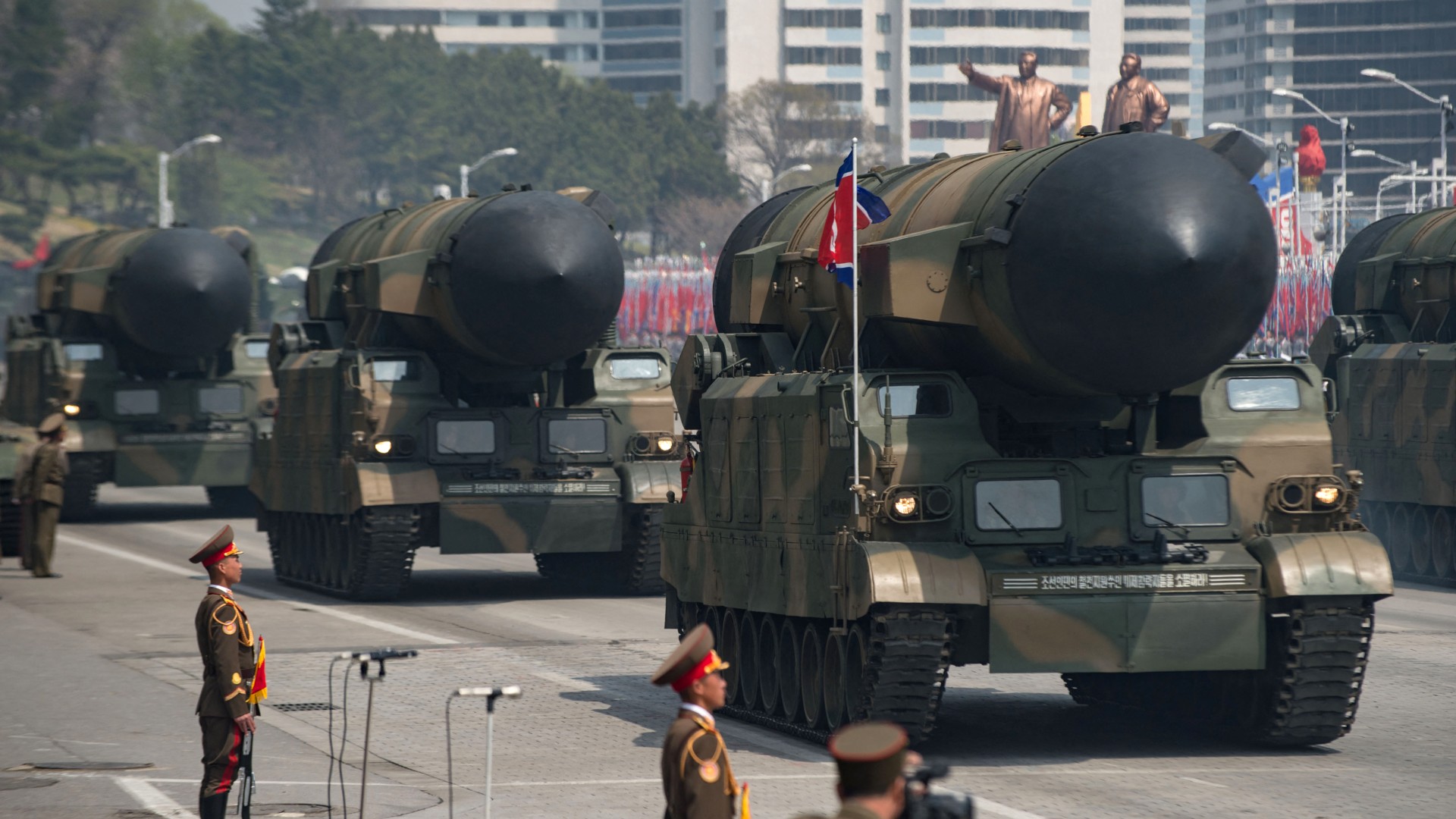
The North Korean government has announced it will attempt to launch another satellite after the loss of a military satellite in May.
North Korean officials informed Japan's Coast Guard that the launch will fly over the Yellow Sea and East China Sea and occur between Aug. 24 and Aug. 31.
Japanese Prime Minister Fumio Kishida called the potential launch "extremely regrettable," according to Reuters, and South Korean officials called it a "clear illegal act" that violated current U.N. sanctions against North Korea testing ballistic missile technologies.
"It cannot be justified no matter what excuse North Korea makes," South Korea's Unification Ministry said.
The planned launch follows North Korea's previous attempt at launching a satellite on May 31, 2023. That launch ended in failure when North Korea's Chollima-1 rocket, carrying the satellite, crashed into the sea west of the Korean Peninsula after reportedly encountering a propulsion failure during stage separation.
Related: North Korea's 1st spy satellite has been pulled from the sea after launch failure: report
The upcoming launch is expected to take place from North Korea's Sohae Satellite Launch Grounds in the nation's northwest near its border with China.
Analysts believe the launch is intended as a show of force; the announced dates coincide with annual U.S.-South Korean military exercises that began this week designed to "strengthen the security and stability on the Korean peninsula and across Northeast Asia," according to a U.S. Navy statement.
South Korean President Yoon Suk Yeol, Japanese Prime Minister Fumio Kishida and U.S. President Joe Biden also met on Aug. 18 to discuss a trilateral security agreement aimed at defending against an increasingly aggressive North Korea, the Associated Press reported.
It's currently unclear what the payload of North Korea's upcoming launch might be. During its May launch attempt, the reclusive nation intended to launch a spy satellite known as Malligyong-1, reportedly designed to take high-resolution images of Earth to provide intelligence for the nation's military.
Though after plucking the Malligyong-1 wreckage from the sea and analyzing it, the South Korean military reported it had "no meaningful military use," according to Reuters.







